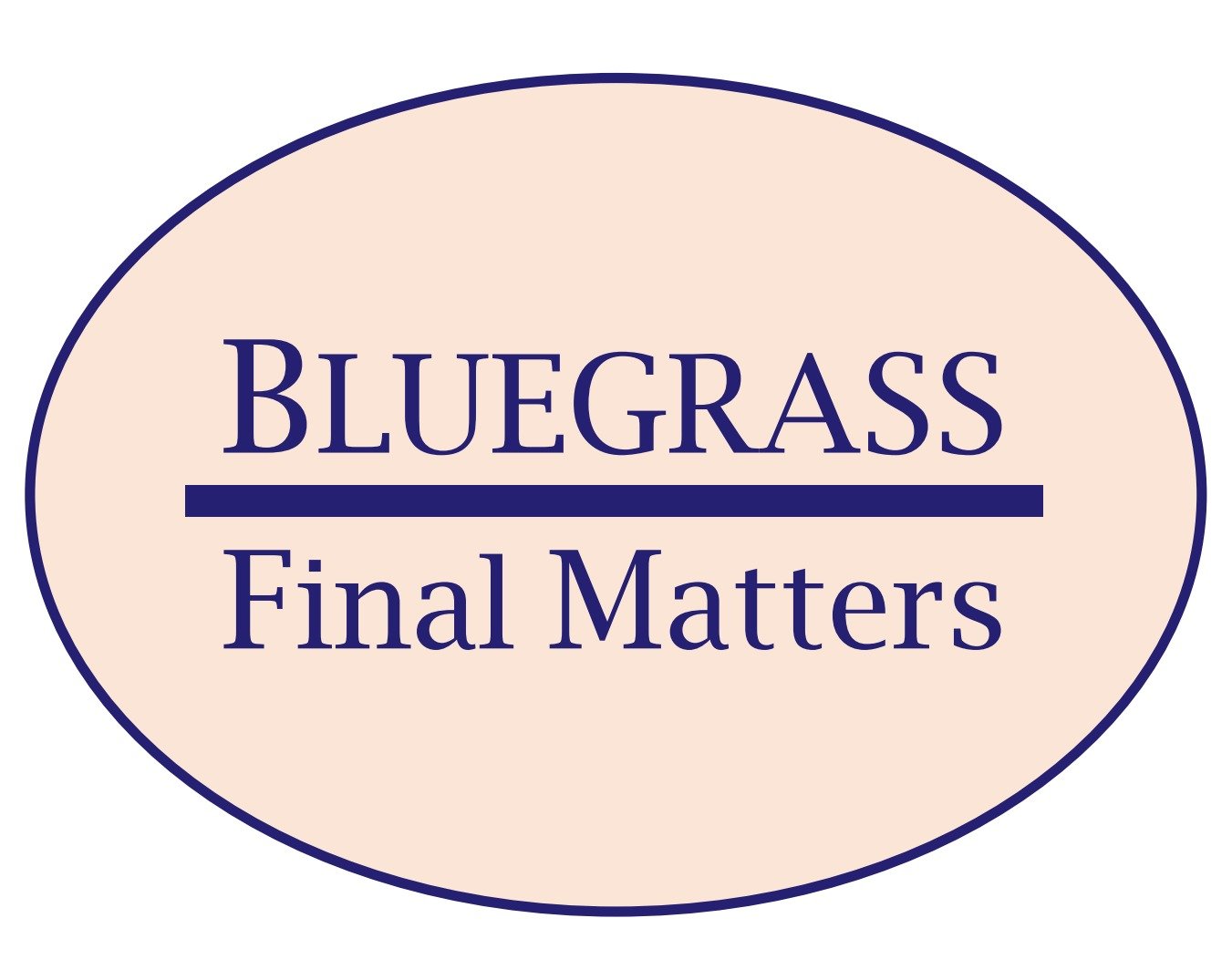Three Essential Documents Every Individual Needs
Every adult, regardless of age or assets, should have a set of basic documents that detail intentions in cases of catastrophic injury, sudden illness, incapacity, or death. While these are difficult things to think about, and to discuss with others, putting your intentions in writing empowers you to make the decisions that are rightfully yours. Additionally, your essential documents name those you trust to handle your current affairs, carry forward your intentions, make healthcare decisions on your behalf, and to preserve your assets while doing so.
Each individual should execute three legally binding documents: 1) a living will, also called your healthcare directive; 2) a durable power-of-attorney that is both comprehensive and specific to your situation; and 3) a last will and testament. These documents should be reviewed and revised routinely—biennially, or every three years—and always after major life events, like the birth of a child, the purchase of a new home or a second winter residence, or the death of a spouse, child or loved one named in your essential documents. While crafting and signing these legal documents may seem daunting, doing so does not have to be complicated, expensive, or greatly time-consuming.
Within the Commonwealth of Kentucky, there is legally required language and a form specific to your living will, as set forth in (KRS 311.625). This law mandates that you must use the Kentucky Living Will form. You should speak with an attorney if you make changes to the Kentucky Living Will form. It is formatted for printing, so you can complete this on essential document on your own.
Next, with a durable power-of-attorney, you appoint someone to act on your behalf, should you become unable to act for yourself due to an unexpected illness or injury, or some incapacity that prevents you from speaking, acting, and making decisions yourself. This document becomes essential when you cannot manage your personal and financial affairs for yourself, either temporarily or for a longer time. Consider all the things you currently handle—your monthly bills, insurance premiums, filing taxes—how would those matters be handled if you were suddenly unable to navigate these matters for yourself? What would happen to your personal matters if you were injured in a car wreck and hospitalized for three months? And who would be responsible for taking care of your affairs?
There are generally two types of durable powers-of-attorney, one addressing your financial matters and the other speaking to your medical and healthcare matters. And often, these are written as one comprehensive power-of-attorney. Your unique situation might require a detailed durable power-of-attorney for medical and healthcare decisions, separate from your financial power-of-attorney. If you were diagnosed with a disease that would eventually cause your incapacity, having a separate durable power-of-attorney for healthcare should be discussed with your attorney. In the Commonwealth, under the present law, powers-of-attorney are not required to be recorded, unless being use to convey, release, or transfer any interest in real estate. Your durable powers-of-attorney must be witnessed and notarized, to be recorded by the court, and there is a small fee to have your document recorded. An individual’s durable powers-of-attorney are null and void at death.
While there are a number of free and low-cost online resources for writing your own durable power-of-attorney, ensuring this essential document is legally valid should the need arise, is critical. If you have accumulated assets, or you have a health condition or diagnosis that will cause your incapacity, consulting an attorney is advisable.
The third essential document every person needs is a Last Will and Testament. Your will protects and preserves your assets, while making accommodations for those you love. Your will addresses the transfer of all tangible, intangible, and digital assets that you hold, leaving no questions about your intentions. It also names the guardian of your minor children, the executor of your estate, and to whom your pets would go.
It is critical to have a legally valid will that meets your individual needs and clearly conveys your intentions. You may need a basic will that can be crafted inexpensively from your home through an online legal service, or you may need an attorney to ensure your will is not only thorough but also ironclad. When you do not have a legally valid will in place, the court uses a standard set of criteria to appoint an executor for your estate, and to distribute your assets to your next of kin.
